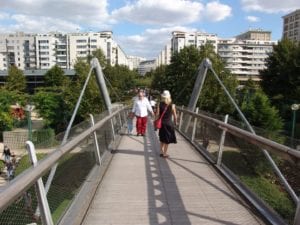 African cities and specifically Africa’s new urban agenda have become a hot topic among businesses and institutions seeking to understand, influence and explore opportunities arising from Africa’s rapid rate of urbanisation.
African cities and specifically Africa’s new urban agenda have become a hot topic among businesses and institutions seeking to understand, influence and explore opportunities arising from Africa’s rapid rate of urbanisation.
The five cities were Johannesburg, Addis Ababa, Dar-es-Salaam, Accra and Nairobi. Venter explains, “The outcome of the first phase of the research is a set of city specific engagement cards, designed to start conversations around key issues. It was clear early on in the research that three dominant issues were common to all five cities; access to adequate housing, clean water and integrated transport.
These have translated into themes reflected in the cards, which are intended as a participatory tool that encourages people to see things differently and collectively foster fresh ideas on city transformation”. The first public workshop is on 25 August in Johannesburg, bringing together city stakeholders; including local government departments, research institutions, developers, funders and built-environment practitioners in a quest to uncover new ideas for the city. “Further workshops are to take place in other cities, culminating in a published work that will greatly enhance our understanding of African urbanism – assisting us to appropriately meet the present and future needs of citizens in their daily interaction with their city,” concludes Venter.





